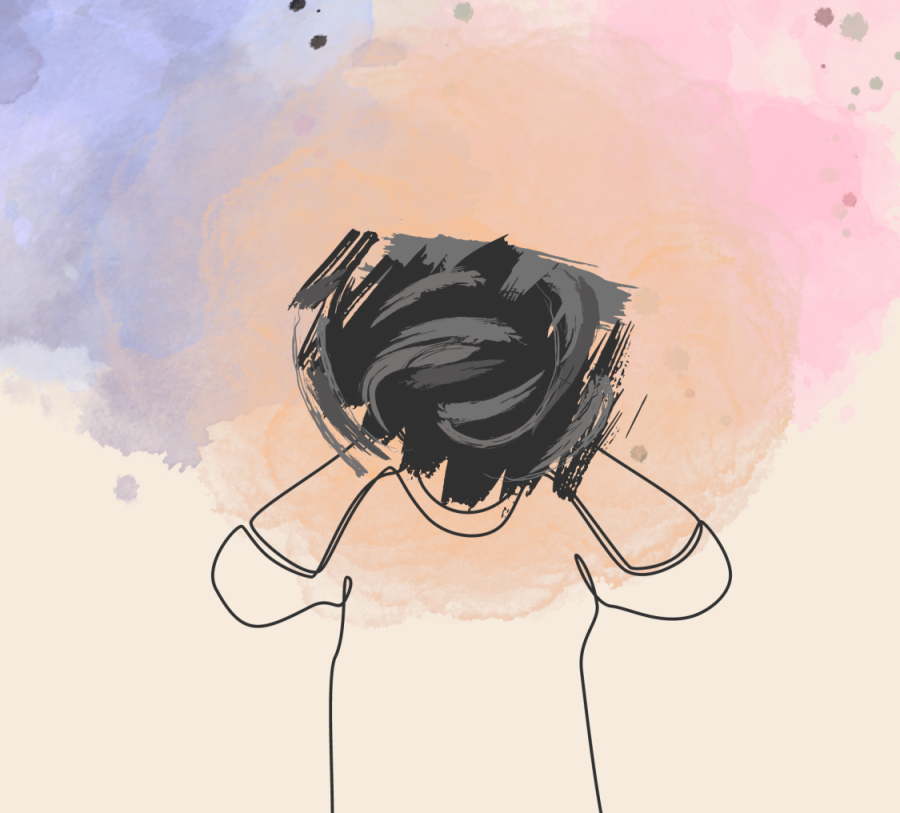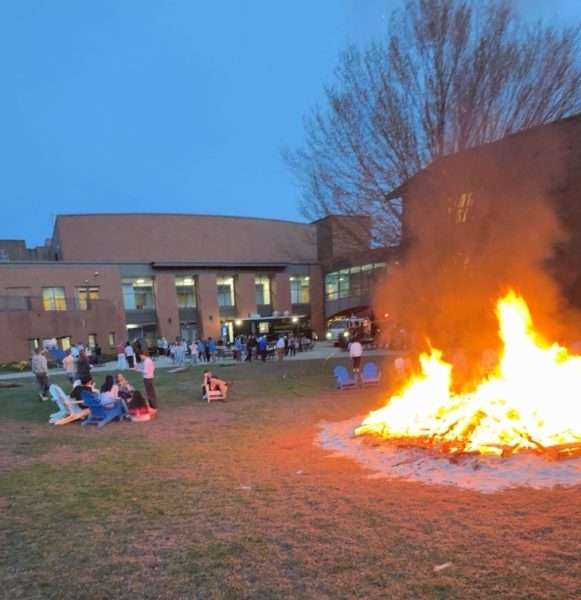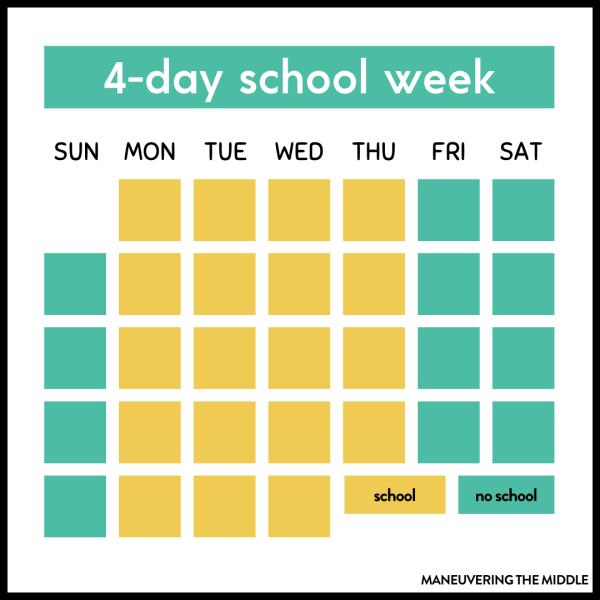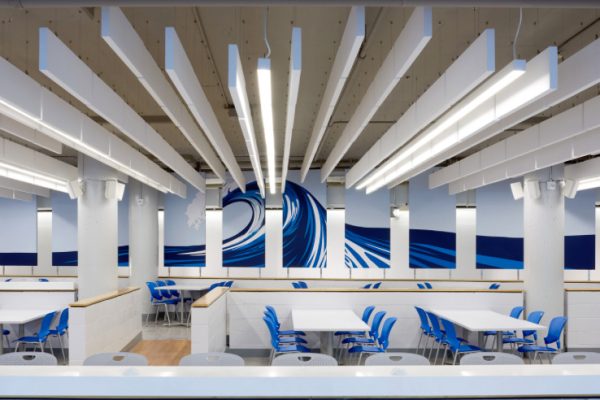What Can DHS Do to Support Students’ Mental Health?
Knowing the impact that Advanced Placement classes have on students’ mental health and stress levels, will DHS move to implement programs that regulate the number of classes that a student can take?
Imagine juggling double the workload of a senior in college before you’re legally eligible to get your driver’s license. Or maybe twice the workload of a college junior before you’re old enough to get a job. Imagine dealing with the pressures of satisfying the everyday high school credit requirement on top of more than a full college-level course load. It sounds stressful, impossible even. But while it may seem impossible, in schools all across the nation, it, unfortunately, is a reality.
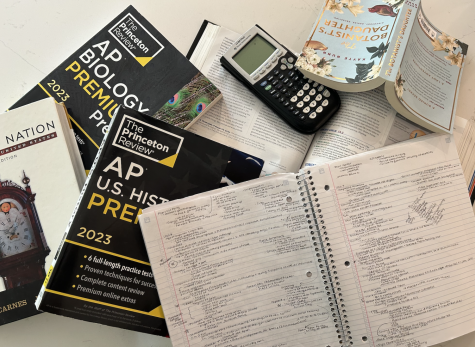
The above scenarios are the norm for high school students all across the nation whose schools offer students the ability to take an unrestricted number of Advanced Placement (AP) courses for college credit. This access is the education system’s greatest gift and curse. Of course, it allows for passion, exploration, and encourages students to push themselves harder in their academic endeavors as they experiment with college-level courses, but these benefits can come at a price: the cost of students’ mental health.
According to a study run by the University of Wisconsin, measuring the differences between students at the end of a semester who have taken non-APs and APs, “students in AP classes were found to have increased stress levels and lower grades due to pressure and rigor. Additionally, taking AP classes decreased students’ confidence that they could succeed in these courses in college.” Here, America’s youth are being thrown a plethora of stressors and the detrimental effects in full force.
People have argued that such issues could be avoided, or at the least, minimized, with an instituted cap placed on the number of AP classes one student can take a year. For the stability and safety of students everywhere, more developed AP regulations are a possible route to improvement.
Yet regulating how many classes one can enroll in and how many are offered in total to the entire student population are two very different scenarios that result in varying fluctuations of reactions.
Darien High School has recently begun focusing more on protecting and supporting the mental health of its students; however, the effectiveness of this shift in focus has been debated. Counselors and administrators have come to classes and contacted the student population, asking for ways in which the school itself can help students more. Assistant Principal Katherine Dimoulas visited the latest National Honors Society meeting to invite students to provide their perspectives and give their ideas to administration in order to understand how DHS can be improved. Some students in attendance put forward the idea that limiting the number of AP classes being offered to students will help students’ by relieving pressure from wanting to take everything offered in the vast pool of courses.
Understanding the level of competitiveness this school is faced with, it was bound that some students disagreed with this tactic in measuring and maintaining the mental health of students.
I sat down and had a conversation with junior Alexa Zaino about her opinions on AP Classes and ways the school can support her.

When asked about her experience with advanced and honors classes, she described that “Yes, they are challenging. But I knew that when I signed up for the classes”. She went on to express that she felt increased stress from the classes themselves, but felt “more anxious about the process of college and GPA than the actual workload. The process of applying to college is not something that DHS can help regulate, unfortunately”.
With levels of academic pressure increasing in schools all across the country and there being notable differences in students’ mental health, it is imperative to take measures to reduce this demand which makes this idea surrounding the possible decision all the more reasonable and understandable.
Other schools around the country are beginning to take similar measures. In Scarsdale, New York, Scarsdale High School dropped its decades-long Advanced Placement program, despite it having helped many students attend top schools. Their Board of Education, in a unanimous vote, directed the school district administration to develop a detailed plan to replace the AP program with its own curriculum as they believed it would place a greater emphasis on inquiry than exists in AP classes. Most students and teachers there praise the change for replacing mountains of memorization with more sophisticated and creative curriculums.
However, according to Zaino, it is not the specific courses that are the cause of their stress levels increasing, but rather, the impending idea of college sitting in the back of their minds since their days even as an underclassman.
DHS needs to take action and help support its student body and its mental health. Yet, it is challenging to try to change the structure and nature of competitiveness this school has by limiting AP classes, something these students are proud of taking and feel is necessary to do to get into top schools. When taking inspiration from public schools like Scarsdale High School, DHS has the opportunity to cap the number of AP classes being offered or cap the number of AP classes students can take. Whether this decision will become popular amongst students with viewpoints like Zaino is uncertain; however, DHS’s ability to take larger measures to support mental health and emphasize the importance of creativity is accepted and encouraged by all.

Sydney is a senior who started writing for Neirad in the fall of 2021. She loves to write about student life and current events. Along with being a writer,...

